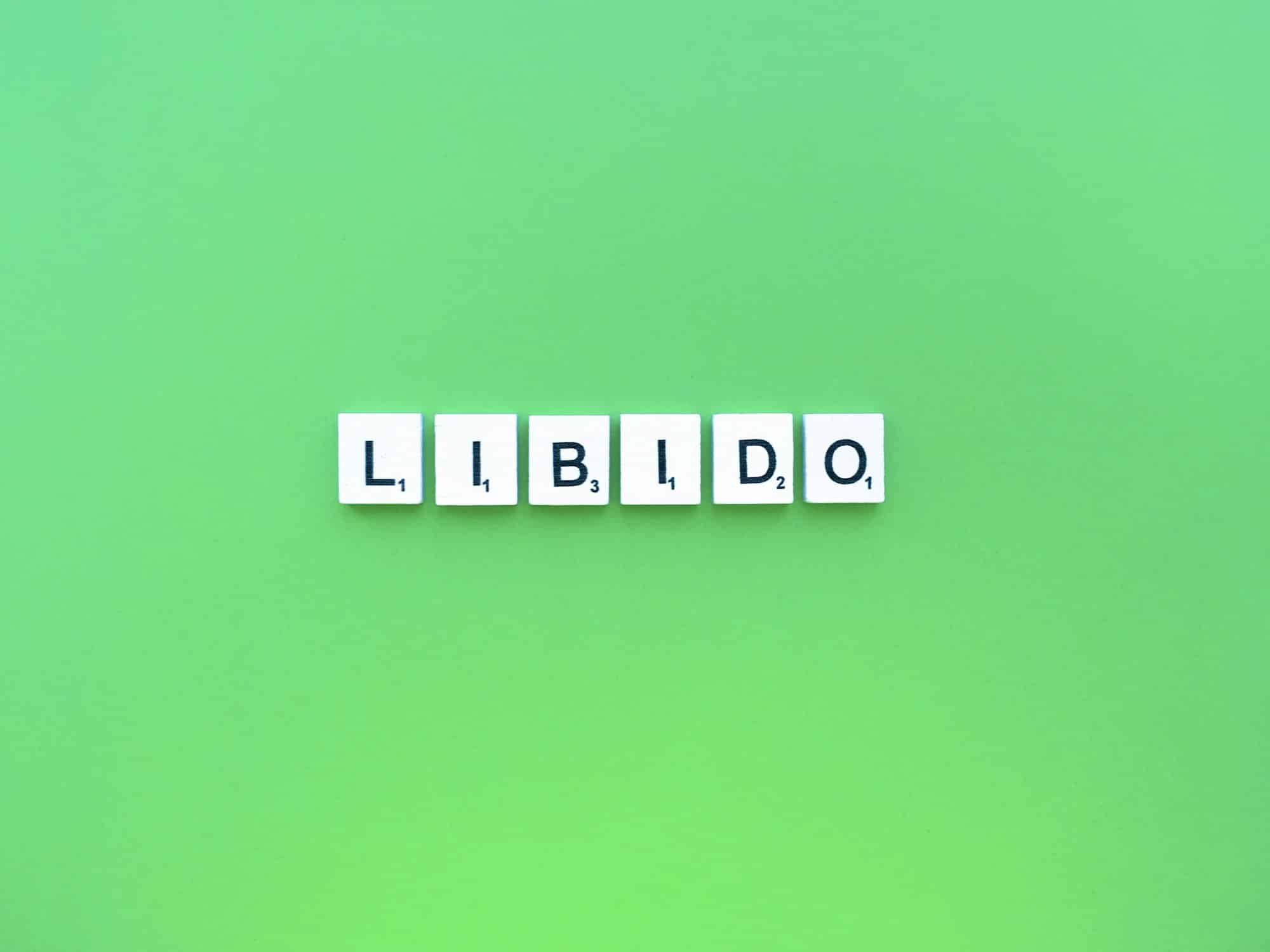In the realm of women’s health, one topic that garners significant attention is the sexual function and desire, or libido, particularly as women navigate the transition into postmenopause. For many women, low libido can be a source of distress, impacting their quality of life and intimate relationships. Scholarly studies have shown that various factors contribute to this decrease in sexual desire, including hormonal changes, vaginal dryness, and even psychological issues related to aging.
However, there’s a growing body of evidence that suggests various natural methods can help improve libido in postmenopausal women. Let’s delve into this topic, exploring what these methods are, how they function, and how they can help women regain their sexual drive.
A voir aussi : How Does Regular Intake of Prebiotics and Probiotics Affect Gut Health in Children?
Understanding the Impact of Menopause on Female Sexual Desire
Menopause is a significant phase in a woman’s life, marking the end of her reproductive years. It’s a stage that brings along numerous physiological changes that can profoundly impact sexual health. Understanding these changes is critical for any woman navigating through this stage of life.
When a woman undergoes menopause, her body’s production of estrogen and progesterone diminishes significantly. This hormonal change can lead to a myriad of symptoms, including hot flashes, mood swings, and sleep disturbances. One of the most critical impacts, however, is on the woman’s sexual health, specifically her libido.
En parallèle : What Is the Effectiveness of Platelet-Rich Plasma (PRP) Therapy in Treating Tendon Injuries?
Scientific studies reveal that this hormonal shift can result in decreased sexual desire or libido, vaginal dryness, and discomfort during sexual intercourse. These symptoms can collectively contribute to sexual dysfunction, leading to distress and strained relationships. Nevertheless, women should remember that these changes are natural and that various natural methods can help manage these symptoms.
Natural Methods to Enhance Libido
Rather than resorting to pharmaceutical interventions, many women prefer natural methods to manage their menopausal symptoms and improve their libido. These methods can range from dietary changes and exercise to herbal supplements.
Firstly, maintaining a healthy diet can play a significant role in managing menopausal symptoms and enhancing libido. A diet rich in fruits, vegetables, and whole grains can provide the necessary nutrients for overall health and well-being. Foods that are high in phytoestrogens, such as soy products, can mimic the body’s estrogen, potentially alleviating some menopausal symptoms.
Regular exercise is another crucial component for maintaining sexual health during menopause. Physical activity can help regulate mood, improve body image, and boost energy levels, all of which can contribute to a healthier sexual drive.
Herbal supplements also hold promise in enhancing libido. For instance, black cohosh and red clover have been studied for their potential to alleviate menopausal symptoms, including low libido. However, it should be noted that these supplements should be taken under the guidance of a healthcare provider to ensure safe use.
The Role of Emotional and Psychological Health
Beyond physical remedies, emotional and psychological health play a significant role in sexual desire. During menopause, women often experience a wide range of emotional changes, which can affect their libido.
Practicing mindfulness and stress management techniques can significantly help in navigating these changes. Engaging in activities that promote relaxation and emotional well-being, such as yoga, meditation, or counseling, can be beneficial.
Regular communication with one’s partner about the changes and challenges can also significantly help. Such conversations can foster understanding, mutual support, and can even lead to the exploration of new ways to achieve sexual satisfaction.
The Importance of Medical Consultation
While it’s important to explore natural methods to improve libido, it’s equally important to consult with a healthcare provider to address any underlying health issues that may be contributing to low libido. Medical professionals can provide personalized advice tailored to the individual’s specific symptoms and overall health.
Moreover, some symptoms might indicate other health issues. For instance, persistent vaginal dryness could be a sign of vaginal atrophy, a condition that requires medical intervention. Therefore, regular health check-ups are essential, allowing for early detection and treatment of potential health issues.
Remember, menopause is a natural phase in a woman’s life, and it’s possible to navigate it with grace and positivity. The key is to stay informed, communicate openly, and take proactive steps towards maintaining one’s health and well-being.
How Research Supports Natural Methods for Libido Enhancement
Research available on Google Scholar and PubMed provides rich insights into natural methods for improving libido in postmenopausal women. There is a wealth of data supporting the efficacy of dietary changes, exercise, herbal supplements, and mindfulness practices in enhancing sexual desire and function.
Among the findings, studies show that a diet rich in phytoestrogens, such as soy products, can mimic estrogen’s role in the body, potentially alleviating some symptoms of menopause like vaginal dryness, hot flashes, and low libido (Google Scholar).
A PubMed article further highlights the benefits of regular exercise in maintaining sexual health during menopause. The article pointed out that physical activity can help in mood regulation, improving body image and boosting energy levels, all of which contribute to a healthier sex drive.
Herbal supplements like black cohosh and red clover have been studied for their potential to alleviate menopausal symptoms such as sexual dysfunction. However, these should be taken under the guidance of a healthcare provider to ensure safe use.
Finally, mindfulness practices, including yoga and meditation, are supported as effective ways to manage stress and enhance emotional well-being, indirectly impacting libido. Through these practices, women can better navigate the emotional changes that come with menopause, thus improving their overall sexual desire.
Conclusion: The Holistic Approach to Libido Enhancement
In conclusion, managing low libido in postmenopausal women requires a holistic approach that encompasses diet, exercise, herbal supplements, and emotional well-being. From soy-rich foods to yoga practices, the options are numerous and varied, providing a natural and potentially effective way to enhance sexual desire without relying on pharmaceutical interventions that may have side effects.
Regular communication with one’s partner is also crucial. Open discussion can foster understanding and mutual support, leading to the exploration of new ways to achieve sexual satisfaction.
However, it’s essential to consult with a healthcare provider to address any underlying health issues that may be contributing to low libido. Some symptoms, such as persistent vaginal dryness, may indicate other health concerns like vaginal atrophy which require medical intervention. Regular health check-ups are critical for early detection and treatment of potential health issues.
As the Google Scholar and PubMed research points out, it’s more than possible for women to navigate through the postmenopausal phase with grace and positivity. Education, open communication, and proactive steps towards maintaining health and well-being are key. Menopause is a natural part of life, and understanding how to manage its symptoms, particularly libido, can significantly enhance women’s quality of life during this phase.











